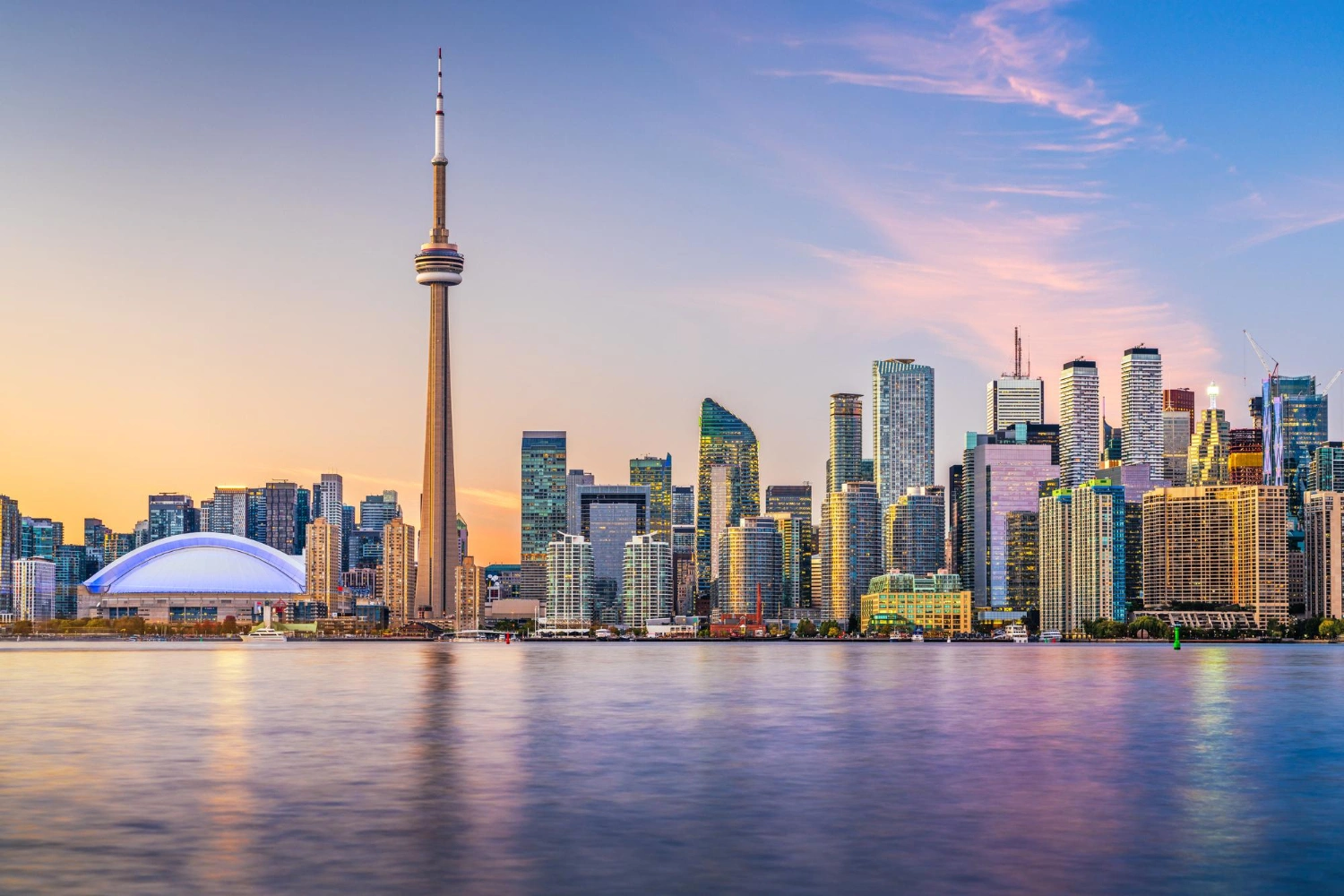
How to Minimize the Risk of Canada Visitor Visa Refusal: A Complete 9-Step Guide
Visiting Canada can be an exciting opportunity, whether for tourism, business, or family reunions. However, securing a visitor visa is not always straightforward. Many applicants face rejection due to incomplete applications, insufficient documentation, or failure to meet eligibility criteria. Understanding the requirements and preparing a strong application can significantly improve your chances of approval.
In this guide, we’ll explore the key reasons for visitor visa refusals and provide detailed tips to help you strengthen your application.
Understanding Canada’s Visitor Visa Requirements
A visitor visa, also known as a Temporary Resident Visa (TRV), is required for most foreign nationals who wish to enter Canada for short-term stays. The approval process involves an assessment of the applicant’s credibility, financial status, travel history, and intent to return to their home country. Failure to meet these criteria often leads to refusals.
The Immigration, Refugees and Citizenship Canada (IRCC) considers various factors when assessing applications, including:
- Purpose of visit
- Financial stability
- Travel history
- Family and economic ties to the home country
- Criminal or medical inadmissibility concerns
Essential Tips to Strengthen Your Canada Visitor Visa Application
1. Submit a Complete and Accurate Application
One of the most common reasons for visa refusals is incomplete or inaccurate applications. When applying for a visitor visa, you must submit the following key documents:
- Temporary Resident Visa application form (IMM 5257)
- Family information form (IMM 5707 or IMM 5645)
- Statutory declaration of common-law union (IMM 5409) (if applicable)
- Use of representative (IMM 5476) (if applicable)
- Authority to release personal information (IMM 5475) (if applicable)
If a section does not apply to you, mark it as “Not Applicable” (NA) to avoid delays. Double-check for accuracy before submission.
2. Provide Strong Supporting Documentation
Each application requires a set of supporting documents. These documents vary depending on the purpose of your visit but typically include:
- A valid passport
- Two recent passport-sized photographs that meet visa photo specifications
- Proof of financial support (bank statements, pay slips, tax returns)
- Travel itinerary (hotel bookings, planned activities, flight tickets)
- Letter of invitation from a Canadian host (if applicable)
- Employment verification letter confirming your job and leave approval
- Proof of previous international travel (visas, entry/exit stamps, boarding passes)
Additional documents may be required based on your individual case, such as a medical examination or a police clearance certificate.
3. Demonstrate Strong Ties to Your Home Country
Canadian immigration officers need assurance that you will leave the country after your visit. Strong ties to your home country indicate your intention to return. These can include:
- Employment proof (job contract, employer letter, recent pay stubs)
- Property ownership (land or homeownership documents)
- Family ties (marriage certificate, birth certificates of dependents)
- Business ownership (business registration, financial statements)
If you lack strong economic or family ties, your application may be viewed as high-risk.
4. Prove Adequate Financial Support
Applicants must prove they have sufficient funds to cover their expenses in Canada. Financial stability can be demonstrated through:
- Recent bank statements
- Salary slips or employment contracts
- Tax return documents
- Fixed deposit receipts or other assets
If a sponsor is funding your trip, include a letter of support from them along with their financial documents.
5. Clearly Define the Purpose of Your Visit
A vague or weak purpose of visit can raise red flags. Clearly outline your reason for visiting by providing:
- Event details (conference invitations, wedding invitations, tourism bookings)
- Return ticket (as proof of your intended departure)
Detailed travel itinerary (planned destinations and activities in Canada)
6. Address Health and Criminal Background Issues
Visitors must meet Canada’s health and security requirements. If required, submit:
- Medical examination reports (if your stay is long or your country has specific health risks)
- Police clearance certificates (if you have any past criminal history)
Failure to disclose a criminal record or a medical condition that may pose a risk can result in refusal.
7. Explain Past Visa Refusals or Travel Issues
A previous visa refusal doesn’t automatically disqualify you, but failing to disclose it can lead to misrepresentation. If you have past refusals or overstayed a visa in another country, be transparent and provide an explanation with supporting documents.
8. Resolve Legal Residency Issues Before Applying
If you have an unresolved immigration status in your current country of residence, your application might be denied. Ensure your residency or visa status is legal and stable before applying for a Canadian visitor visa.
9. Stay Updated on Visa Policy Changes
In November 2024, Canada revised its visitor visa issuance guidelines. Immigration officers now have greater discretion in determining visa validity and entry conditions based on:
- The purpose of visit
- Available financial resources
- Medical treatment needs
- Other individual circumstances
Applicants should stay informed about policy changes to understand how they may impact their application.
Final Thoughts
Securing a Canadian visitor visa requires careful preparation and thorough documentation. By ensuring your application is complete, demonstrating strong ties to your home country, and proving financial stability, you can significantly increase your chances of approval.
If you are unsure about your application or have a complex travel history, consulting a professional immigration consultant or lawyer can be beneficial. A well-prepared application reduces the risk of refusal and brings you closer to experiencing everything Canada has to offer.
Also Read
- British Columbia Adjusts Immigration Costs for Skilled Foreign WorkersBritish Columbia has introduced updated pricing for candidates applying through its provincial worker immigration pathways, marking a shift in the cost of securing a provincial
- Canadian Government Expands Benefit Program, Offering Hundreds of Dollars to Eligible NewcomersThe Canadian federal government has announced a significant expansion of financial assistance aimed at helping low- and modest-income residents cope with the rising cost of
- Canada Set to Revamp LMIA-Exempt Work Permits in 2026: Key Policy Shifts AheadCanada’s temporary foreign worker framework is preparing for a year of significant transition. In 2026, multiple updates affecting LMIA-exempt work permits are expected to reshape
- Alberta Reveals Immigration Focus for 2026 as Provincial Nominations IncreaseAlberta has outlined how it plans to use its provincial immigration nominations in 2026, providing early insight into which workers, sectors, and communities will be
- Canada Issues 6,000 PR Invitations in New CEC Express Entry DrawCanada’s Express Entry system is showing clear signs of easing pressure for skilled workers already living and working in the country. A fresh Canadian Experience








